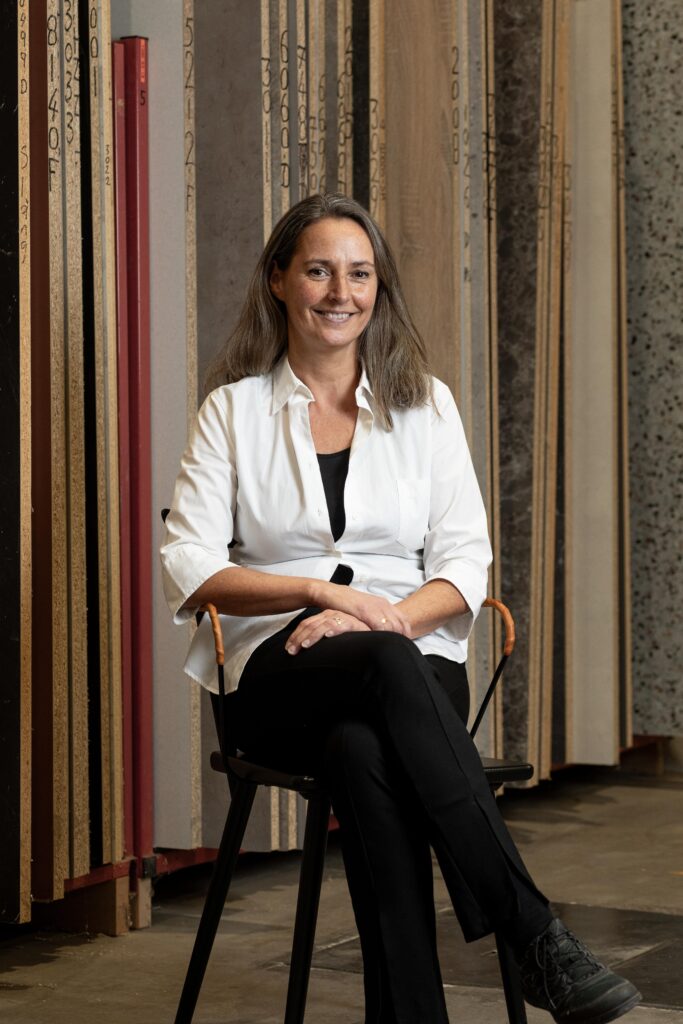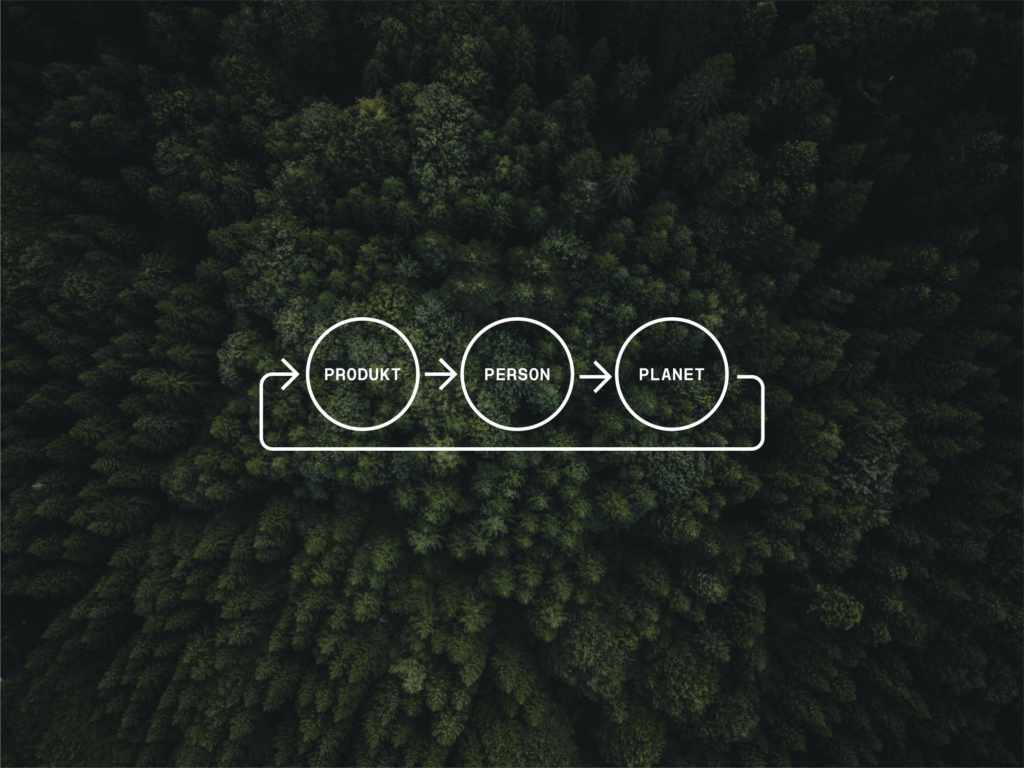Sustainability

At Pelly Group, we want to contribute to the global goals and for Sweden to reach net zero by 2045. To live in a world with a rich ecosystem, where all people’s equal values are respected and where everyone has the right to grow up in a non-toxic and safe environment. As a manufacturing company of self-designed products, we want to take our responsibility for making this vision a reality.
A couple of words from our Sustainability Manager
Taking sustainability seriously is a matter of survival. We have crossed 6 of the 9 planetary boundaries that define our safe operating space and, for the first time in 10,000 years, are on the verge of leaving the stable climate that our civilization depends on. The world has realized this, and the green transition is happening now. Political instruments are being implemented at the EU level, and sustainability is no longer something that can be opted out of. Companies that do not take responsibility will not have a place in the green economy. Therefore, at Pelly Group, we see sustainability work as a double survival issue.
– Nina Brannestam


Climate changes
When we merged our Swedish production facilities into one unit in 2020, we also laid the foundation for the climate work we conduct today. More efficient spaces, fewer internal transports, and a transition to 100% hydropower electricity were some of the improvements implemented at that time.
Despite the streamlining between 2020 and 2021, we have chosen to set 2021 as our base year for sustainability work. This is also the year when Pelly Group conducted its first climate calculation according to the GHG protocol, scope 1 and 2.
Already in 2019, our Lithuanian production unit was equipped with solar panels on the roof. This operation is now also certified according to ISO 50001. The entire group uses 100% electricity from renewable sources, and we work systematically to reduce our electricity consumption.
In 2023, the mapping of the group’s emissions in scope 3 began, and this work will be completed in 2024. The goal is for the group to have specific climate targets by 2025.
Resource utilization and circular economy.
We live in a world with limited resources. Even renewable resources are limited if consumed at a faster rate than they can be replenished. Therefore, it is important for us to develop products with a timeless design and a long lifespan, so that the resources can be beneficial for a long time.
We see our production waste as resources going to waste, which is why we actively work to optimize our material utilization. Of the resources we do not manage to use, almost everything goes to recycling, and we prefer that the recycled material comes back to us in the form of new components. It is important to ensure that products and materials are non-toxic so that they can be circulated. One way for us to make this visible is by listing our products in various environmental databases, such as Svanen HPP, Sunda hus, or Byggvarubedömningen.

Biodiversity
The loss of biodiversity is happening at an alarming rate and poses a significant threat to our ecosystems and thereby much of what we depend on for our survival. Forests with many tree species are better equipped to withstand drought, insect attacks, and wildfires.
As forests are cut down, their capacity to store carbon dioxide decreases, accelerating global warming.
Pelly Group aims to reduce our negative impact. Our ambition is therefore that all the wood we purchase is certified for sustainable forestry – that is, forestry that takes into account both people and the environment, or even better, produced from recycled wood materials.
By striving for transparency and traceability in the supply chain, we try to ensure sustainability throughout the entire value chain.
Sustainability in the value chain
That the work environment should be good and not expose our employees to ill health or accidents is a given for us, but we also believe that the same right should apply throughout the entire value chain. During the year, a process for risk assessment of the entire value chain has been implemented, with the aim of identifying, minimizing, and averting risks based on their severity. Corruption undermines all other legislation and is therefore a threat in all areas of sustainability. Pelly Group therefore has zero tolerance for all kinds of undue influence.
ISO 50001 Certificate
